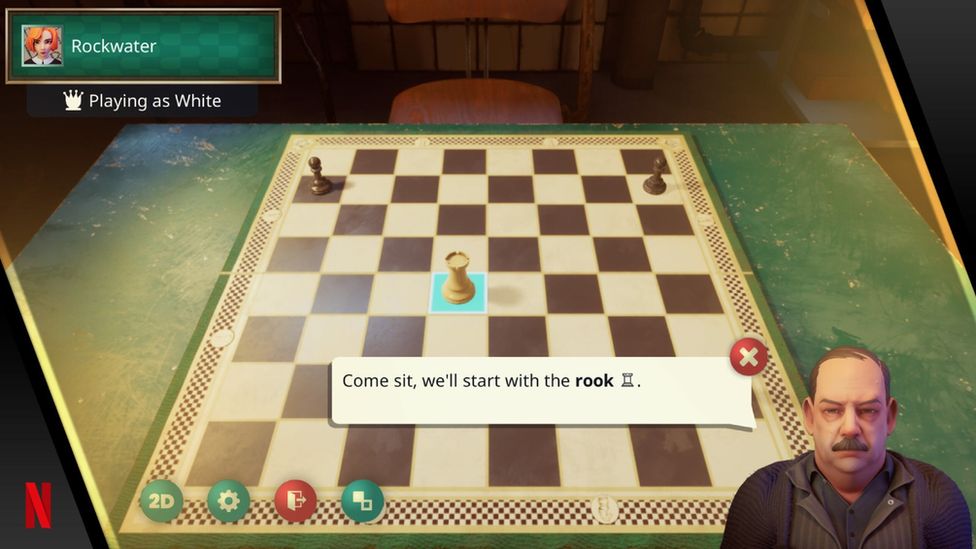
When the name Netflix is mentioned, images of beloved television shows and blockbuster movies instantly flood our minds. "Squid Game," "Bridgerton," "Stranger Things" - these are the cultural touchstones that have defined our streaming experiences. However, Netflix is now setting its sights on expanding its repertoire to include video games.
Netflix views gaming as an essential element of its strategy to maintain its relevance among audiences in the years ahead. The company is gradually rolling out plans to offer an array of gaming experiences to its subscribers. Leanne Loombe, Vice President of External Games at Netflix, believes that integrating games into the platform is a logical step.
Loombe eloquently states, "In today's entertainment landscape, games are one of the most significant forms of engagement. Therefore, it's only natural for Netflix to incorporate them as part of the subscription package. The boundaries between the various forms of entertainment we enjoy are blurring. Whether you're in the mood for a movie night or seeking an interactive gaming experience, we want to provide options. Our aim is to offer a diverse selection of games that cater to our members' preferences, rather than a single monolithic gaming experience."
Netflix quietly introduced games to its platform back in November 2021 through its mobile app. This was a deliberate choice, with the company opting not to make a grand announcement, instead opting to assess the gaming market carefully. Presently, the available games are primarily designed for mobile devices, with some linked to popular Netflix franchises like "Stranger Things," while others are independent titles such as "Reigns: Three Kingdoms." Although these games are currently exclusive to mobile platforms, Netflix is actively exploring ways to expand their availability to televisions and computers.
This cautious, low-key approach reflects Netflix's awareness of the challenges faced by other traditional media brands that ventured into the gaming industry. Shay Thompson, a prominent games journalist, notes that "The history of mainstream entertainment companies trying to penetrate the gaming industry is fraught with failures. Often, these failures result from a fundamental misunderstanding of what makes games such a compelling form of entertainment for players."
For example, Amazon Games encountered difficulties with titles like "Lost Ark" and "Crucible," which boasted substantial budgets but lacked the creativity and uniqueness that gamers demand. Even tech giant Google, with its ambitious Stadia console, had to close its gaming venture this year, underscoring the complexities of entering the gaming arena for established industry players.
Netflix's decision to begin with mobile games appears to be a well-thought-out strategy. Thompson observes, "Prioritizing mobile games as a starting point is a smart move for Netflix. It suggests they are taking the time to truly understand the gaming landscape and the desires of gamers. However, the key to success lies in providing gamers with what they truly want, rather than what large corporations assume they want. This means emphasizing creativity and distinctiveness."
As Netflix embarks on this exciting journey into gaming, the big question remains: Can it leverage its unique position in the entertainment world to create gaming experiences that captivate audiences as effectively as its cherished TV shows and films? One thing is clear: Netflix is betting that games will soon become an integral part of its entertainment offering, enriching the streaming experience for years to come.
Leave a Reply